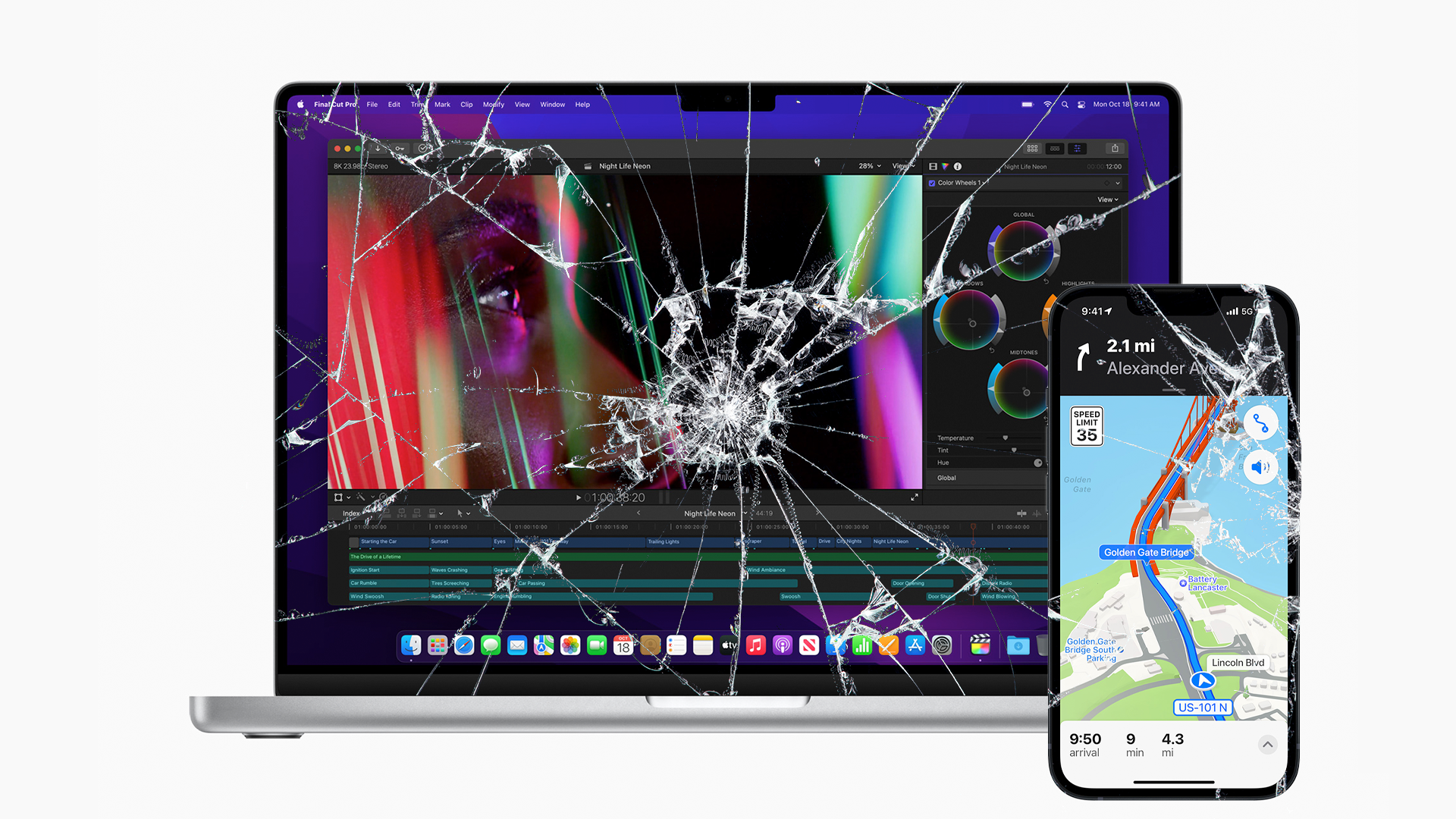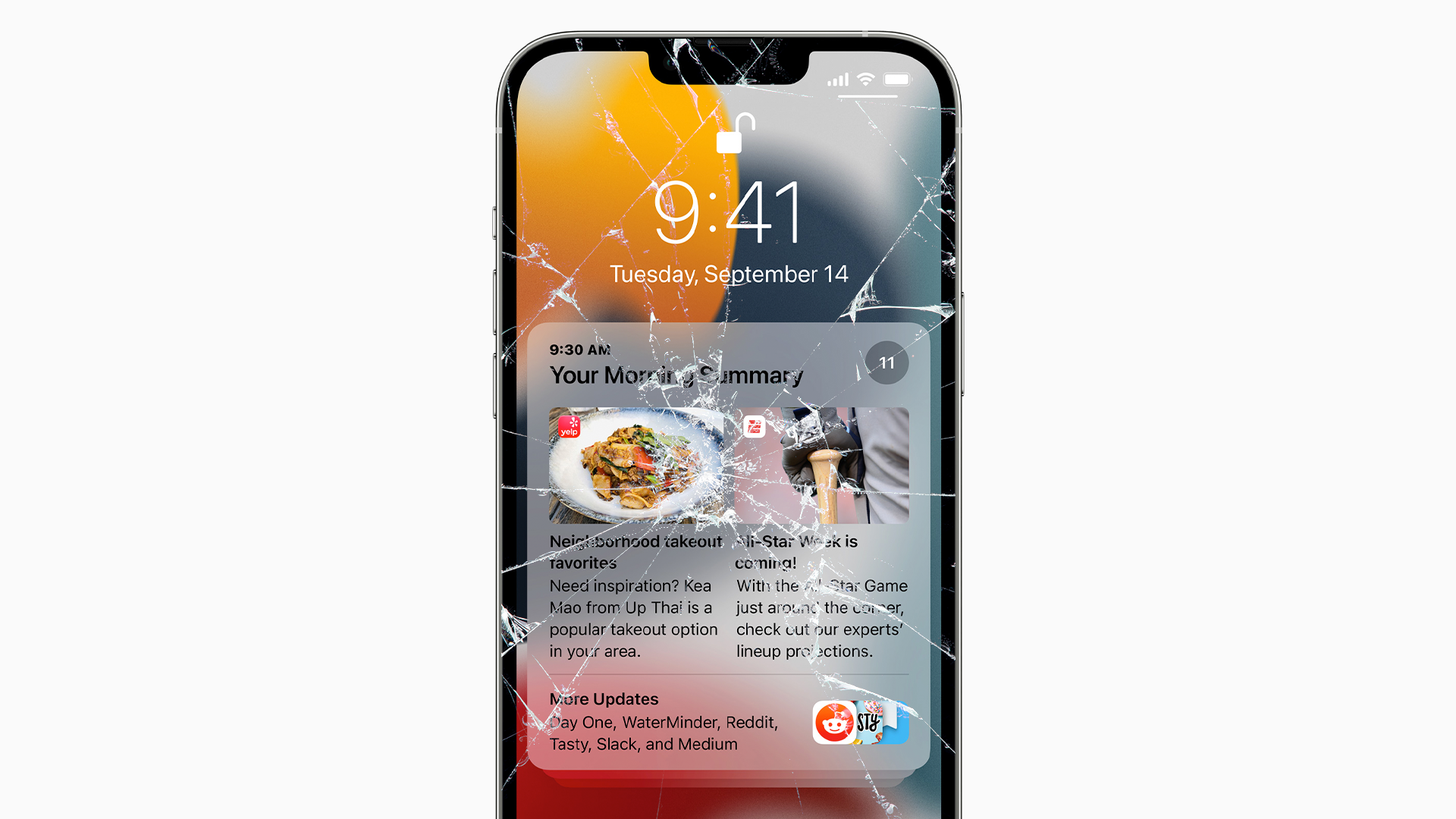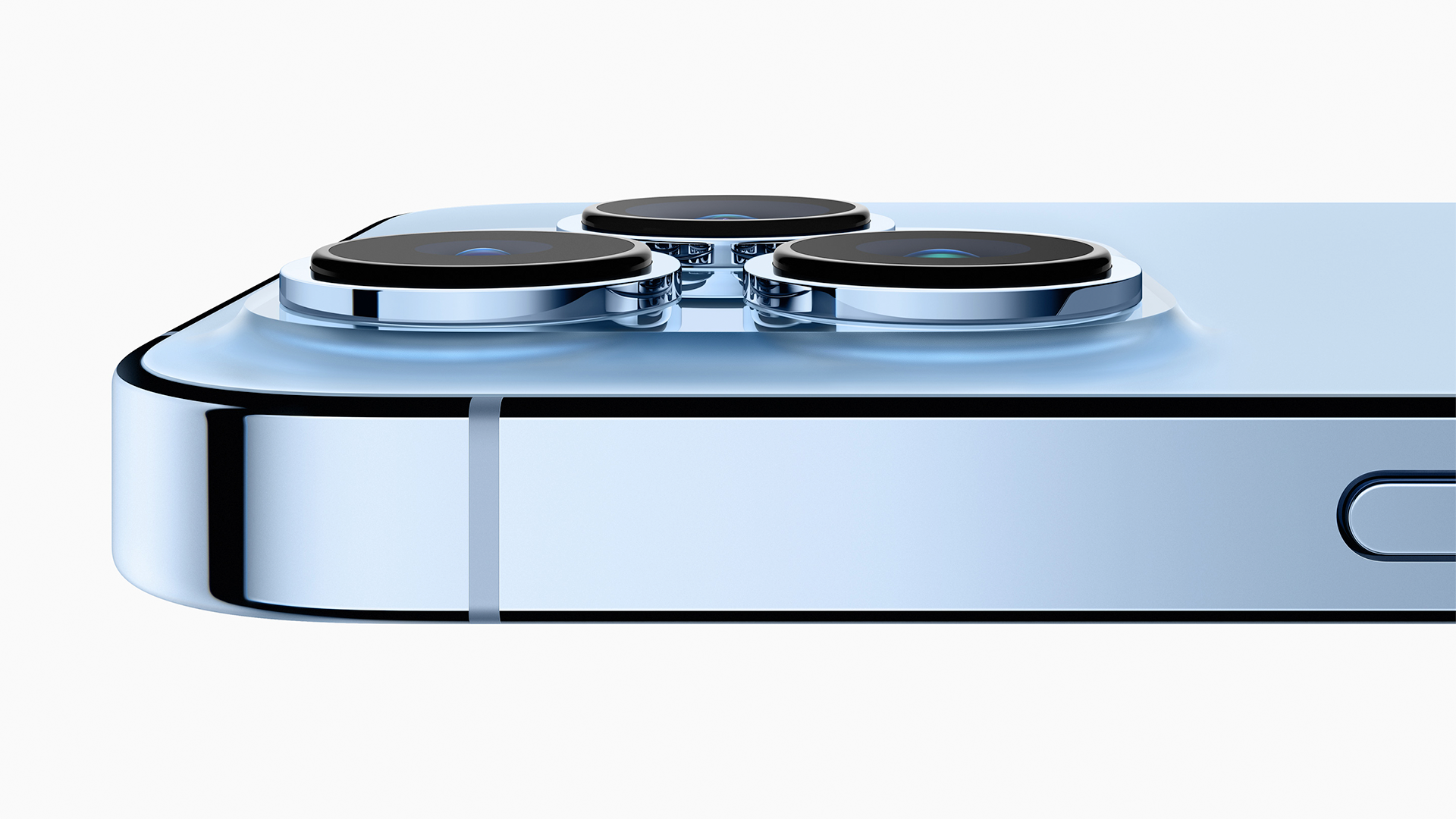We never expected this to happen. Apple just announced Self Service Repair, a program that provides repair instructions, official parts, and diagnostic software to customers who want to fix their iPhone, Mac, or iPad at home. Self Service Repair will open early 2022 with an initial focus on basic iPhone 13 and iPhone 12 repairs.
This post previously stated that Self Service Repair launches in January of 2022. Apple has not clarified which month the service will launch, and its announcement simply states "early next year." We've updated this article to reflect that fact.
At a glance, Self Service Repair looks like a smart and effective program. Customers simply visit the online Self Service Repair portal, look up the problem they're trying to fix, and find the repair instructions they need. If they feel comfortable performing the repair, they can then buy the appropriate parts and tools from Apple.
Once a repair is complete, customers can ship any broken or unneeded parts back to Apple for recycling (plus a nice little rebate). Customers can even use Apple diagnostic tools to calibrate replacement parts---a necessary step if you want features like True Tone, Battery Health readings, and Face ID to keep working after a parts replacement.
The Dirty Details
Apple deserves a bit of praise here. After years of fighting at-home repairs and Right to Repair legislation, the company will finally share repair manuals, official parts, and diagnostic software with average customers. But we still have a lot of questions about Self Service Repair, so we reached out to iFixit for some insight.
Here's what iFixit CEO Kyle Wiens told us about Apple's new repair program:
Making service manuals available to consumers is exactly the right thing for Apple to be doing. No one should be in the dark on how to swap a battery or fix a cracked screen. Access to service information for products is a fundamental human right. We are proud of Apple for making this change.
We won't know details until we can analyze the legal terms and test the program. For now, the catch is that the IRP software requires that Apple provision a part that they sell. You can't swap the screens between two iPhones and then calibrate them with their service software. That's an issue for recyclers, refurbishers, and anyone else accustomed to harvesting parts to perform repairs.
Apple leads the electronics industry. They pioneered glued-in batteries and proprietary screws, and now they are taking the first steps on a path back to long-lasting, repairable products. iFixit believes that a sustainable, repairable world of technology is possible, and hope that Apple follows up on this commitment to improve their repairability.
As Kyle Wiens notes, customers can only use Apple's diagnostic software with parts they've purchased through Self Service Repair. Salvaged or harvested parts still can't be calibrated to a new phone---and that's a huge problem!
Independent repair shops use tons of salvaged parts for cheap phone repairs. But if iPhone owners want to avoid losing features like True Tone, they're forced to visit an "authorized" Apple repair technician or buy official parts for a DIY repair. Both of these options are more expensive than using salvaged parts and effectively cut small businesses out of the iPhone repair business (Apple hasn't clarified if small businesses can participate in Self Service Repair, by the way).
Apple Still Controls iPhone and Mac Repairs
To be clear, we don't know what Apple will charge for replacement parts. But iFixit found that "authorized" Apple IRP technicians currently pay $270 to perform an iPhone 12 screen replacement. We doubt that customers will get a better deal; Apple has no incentive to sell cheap parts when there is effectively zero competition in this space.
And that's another concerning part of this Self Service Repair program. If Apple normalizes "serialized" parts, which phones and laptops can identify as "official," then it could make third-party parts totally incompatible with its products. Doing so would leave Apple in full control of when and how its products are repaired. It would also give Apple the ability to kill off old products by discontinuing replacement parts, which sucks!
Again, we're happy to see Apple embrace DIY repairs a bit. It's a strange and exciting step for the company. But we're concerned that Apple will weaponize its Self Service Repair program against customers and independent repair shops, and we encourage the company to support Right to Repair legislation.
Source: Apple



